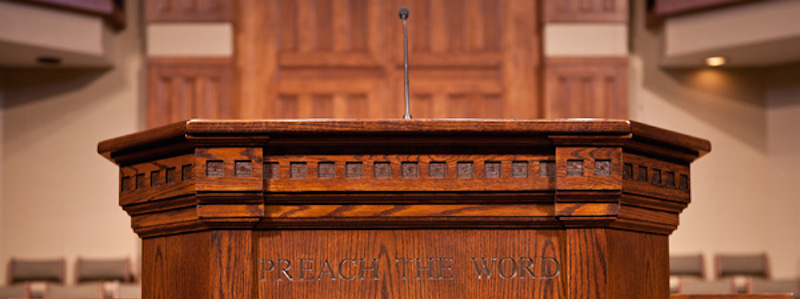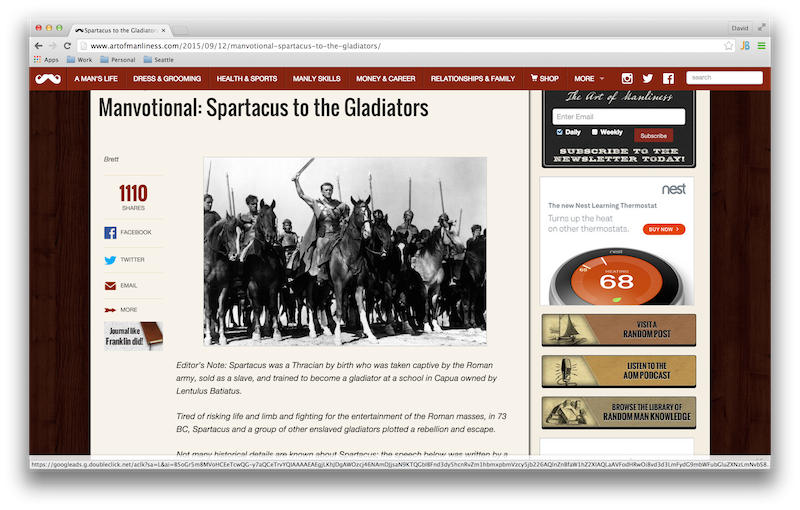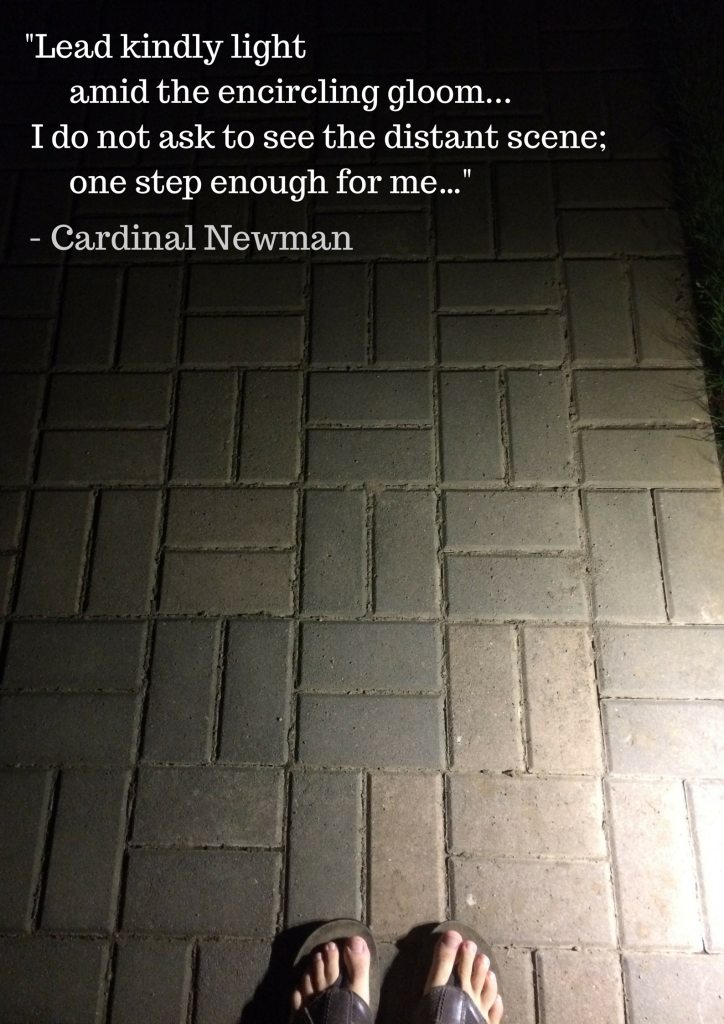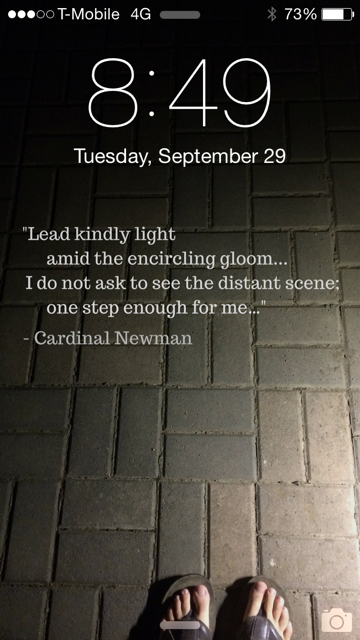Into the breach!

 If we’re friends on Facebook, you may well have seen a video I posted last week:
If we’re friends on Facebook, you may well have seen a video I posted last week:
This video is part of the Into the breach initiative from the Diocese of Phoenix. Bishop Olmsted, the Bishop of that Diocese, recently released an apostolic exhortation to men, asking them to “Step into the breach”, to fill the void in our society left by an absence of authentic masculinity. In this exhortation, the good Bishop discusses what it means to be a man and gives some of the practical guidance for living out the masculine calling in all its fullness.
I was very much impressed by this apostolic exhortation and I took it with me on my retreat this week so that I could spend some unhurried time reading through it and considering the challenges it poses. After subsequent rereading, I thought that it deserves to be more widely known, so I recorded it onto MP3, making it available to a wider audience.
Audio Download
Into The Breach – Introduction (Download)
The three questions and the context for answering them
Into The Breach – Question #1 (Download)
What does it mean to be a Christian man?
Into The Breach – Question #2 (Download)
How does a Catholic man love?
Into The Breach – Question #3 (Download)
Why is fatherhood, fully understood, so crucial for every man?
Into The Breach – Conclusion (Download)
Sent forth by Christ and Faith of our Fathers
If you don’t want to download multiple files, a recording of the entire document as a single MP3 is available here (80MB).

 A couple of months ago we had a guest post here at Restless Pilgrim from Tom Massoth. Well, today we have another guest post, this time from my long-time friend,
A couple of months ago we had a guest post here at Restless Pilgrim from Tom Massoth. Well, today we have another guest post, this time from my long-time friend, 


 As you may well know, I’ve been working through a long list of books during my sabbatical. I recently finished one of them,
As you may well know, I’ve been working through a long list of books during my sabbatical. I recently finished one of them, 





